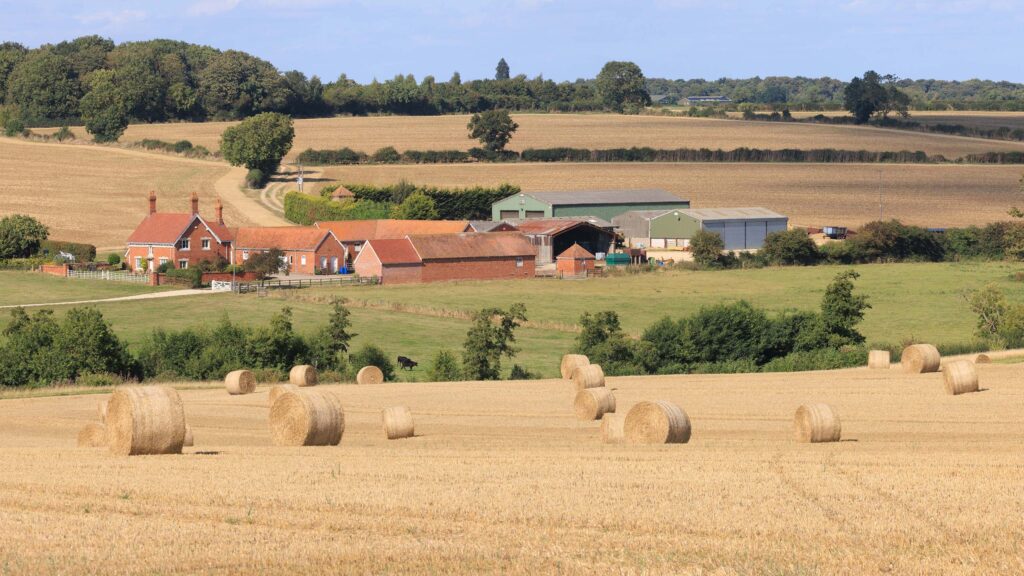Report urges change in ‘overwhelmingly white’ countryside
 © Tim Scrivener
© Tim Scrivener Many minority ethnic people feel the English countryside is unwelcoming and unsafe and that they face racism, exclusion and even physical threats, a new study from the University of Leicester has found.
It warns that rural England remains “overwhelmingly white” and urgently needs to become more culturally inclusive.
The two-year report, The Rural Racism Project: Towards an Inclusive Countryside, was released this week by the university’s Centre for Hate Studies. It explores the experiences of global majority communities in rural areas.
See also: Neurodiversity in farming takes centre stage at roundtable
It highlights the challenges individuals and families face in navigating rural spaces, where they report frequently encountering hostility, isolation and a lack of representation.
It claims a lack of cultural awareness is creating feelings of exclusion and discomfort.
The authors, Prof Neil Chakraborti, Amy Clarke and Prof Corinne Fowler, argue that inclusion requires more than tolerance.
“Welcoming minoritised individuals into the countryside means more than tolerance; it requires thoughtful adaptation, sustained inclusion efforts and a willingness to change,” they say.
Halal food
The study states: “The availability of halal food or spaces for prayer could make a significant difference in whether people feel comfortable visiting the countryside.”
Findings are based on interviews with 115 people and analysis of online hate.
According to the report, participants described experiencing both microaggressions and overt acts of racism, including “persistent and aggressive staring, hostile body language and deliberate isolation, as well as… more overtly threatening behaviours such as name-calling, racial slurs, physical intimidation and threats”.
Countryside Alliance kickback
The Countryside Alliance has criticised the research.
Chief executive Tim Bonner told The Telegraph: “We would never downplay any individual act of racism, which must be confronted wherever it arises, but the narrative that rural communities are inherently more racist than urban ones is just nonsense.”
The report also warns of a “psychological burden” when navigating “predominantly white spaces” and argues that rural racism is partly driven by fear and “resistance to demographic changes”.
It suggests that efforts to improve diversity should form part of a wider rural regeneration strategy. One participant said: “You could revive rural communities by bringing in more diverse communities.”
The report follows evidence submitted to Parliament in 2024 by Wildlife and Countryside Link, which described the countryside as a “racist, colonial” white space.
Prof Fowler, one of the authors of the study, also contributed to the National Trust’s 2021 report Colonialism and Historic Slavery, which found that 93 of its country houses had links to Britain’s colonial history, including involvement in the slave trade and the use of goods produced by enslaved people.
AgriFuture Scholarship Programme
A new initiative is aiming to diversify the future of British agriculture.
Launched in 2025, the AgriFuture Scholarship Programme is a five-year project designed to support young people from racially marginalised communities move into careers in farming and agriculture.
Led by NFU Education, in partnership with the Outward Bound Trust and the British Veterinary Ethnicity and Diversity Society, the programme offers a tailored blend of mentoring, practical experiences and industry exposure.
The first AgriFuture Residential took place this year, and momentum is building ahead of the AgriFuture Forum on 23 September.
The fully funded programme includes annual week-long residentials, farm placements, food and farming workshops, and fireside chats with industry role models.
Students will also benefit from mentoring and visits to agricultural employers, events, and universities.
Dr Navaratnam Partheeban, co-founder of the British Veterinary Ethnicity and Diversity Society, said: “This initiative creates space for voices that are often unheard, bringing in new perspectives and driving real change.”
The programme is open to Year 9 students from Black, Asian, and other racially marginalised communities in state schools or home education across England and Wales.
By engaging young people early, AgriFuture aims to open up Stem-based agricultural careers in sustainability, food security, technology and the environment.
